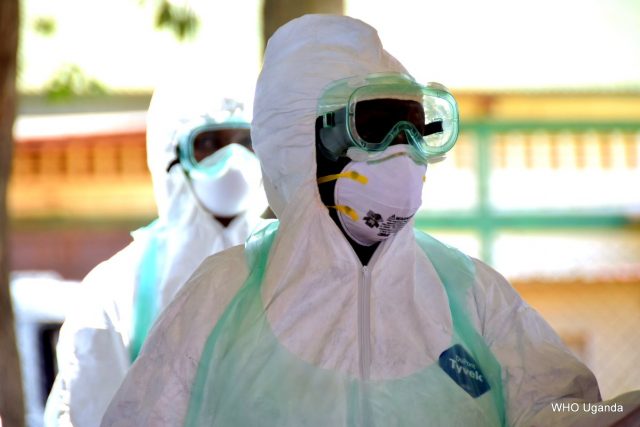
Among the deadliest, of diseases that have been terrorising DRC Congo spreading into parts of East Africa, Ebola topped the list. Scientists and doctors in the country dedicated the better part of their lives running a clinical trial of new drugs to try to fight a year-long Ebola outbreak and the outcome is outstanding.
The trial’s cosponsors at the World Health Organization and the National Institutes of Health on Monday announced that two of the experimental treatments appear to dramatically boost survival rates.
“From now on, we will no longer say that Ebola is incurable,” said Jean-Jacques Muyembe, director-general of the Institut National de Recherche Biomedicale in the DRC, which has overseen the trial’s operations.
Patients in four treatment centres in the DRC’s east, where the outbreak is at its worst, were randomly assigned to receive one of four investigational therapies, either an antiviral drug called remdesivir or one of three drugs that use monoclonal antibodies.
The drugs used during the therapy were being compared to ZMapp, the most standard drug used during Ebola outbreaks had been tested and used during the Ebola epidemic in West Africa in 2014, to establish if it could outperform it. But preliminary data from the first 681 patients from the planned 725 showed such strong results. The monoclonal antibodies had the biggest impact on lowering death rates, down to about 32%
Patients who received treatments soon after becoming sick, when their viral loads were still low showed striking results. Monoclonal antibodies in drugs have become a mainstay of modern medicine combating a variety of diseases from cancer to lupus. A new trial will now kick-off and all Ebola treatment units in the outbreak zone will now only administer the two most effective monoclonal antibody drugs, according to the WHO’s director of health emergencies, Mike Ryan.
“Today’s news puts us one more step to saving more lives. The success is clear. But there’s also a tragedy linked to the success. The tragedy is that not enough people are being treated. We are still seeing too many people staying away from treatment centres, people not being found in time to benefit from these therapies,” he said.



